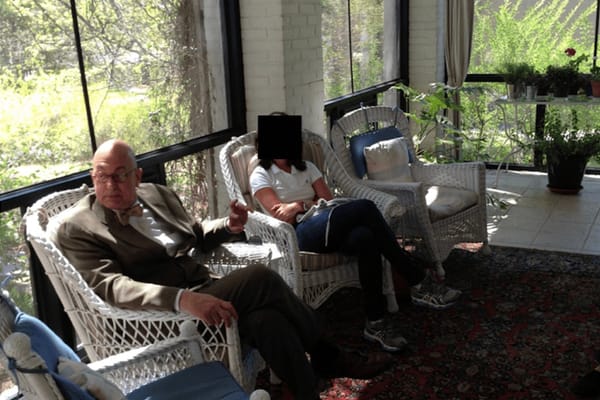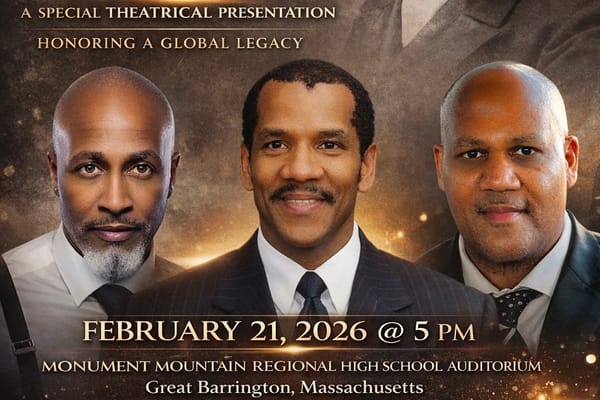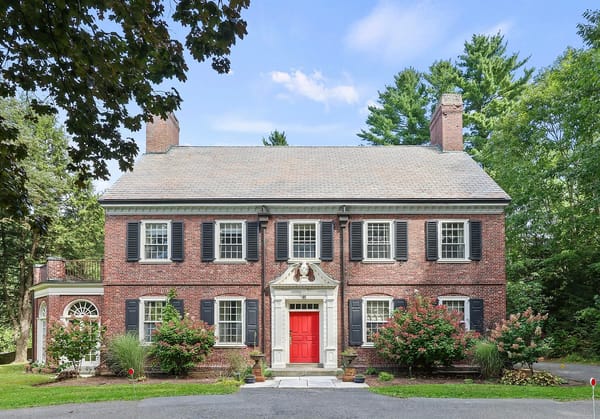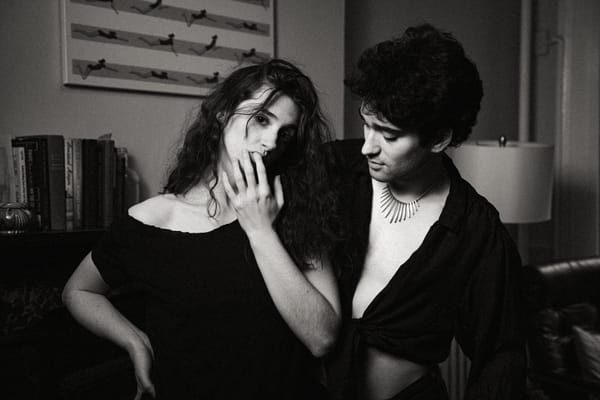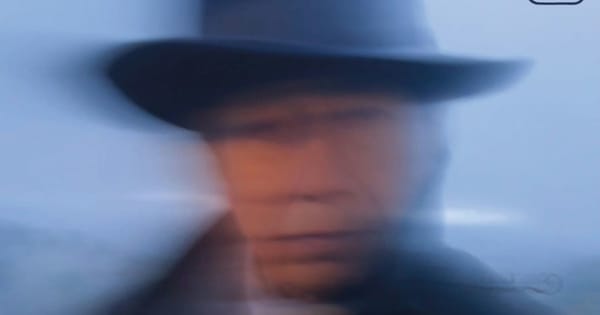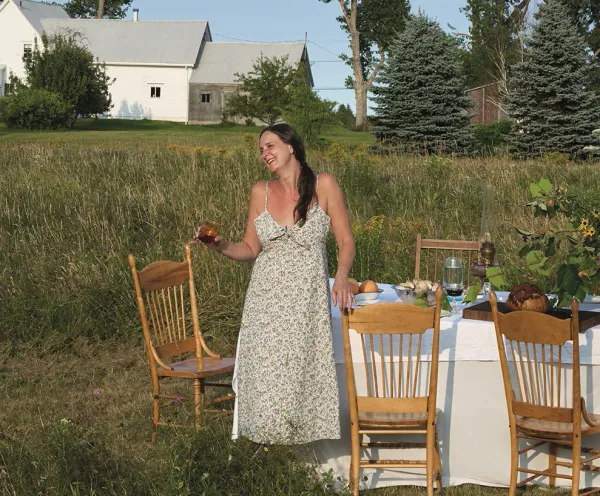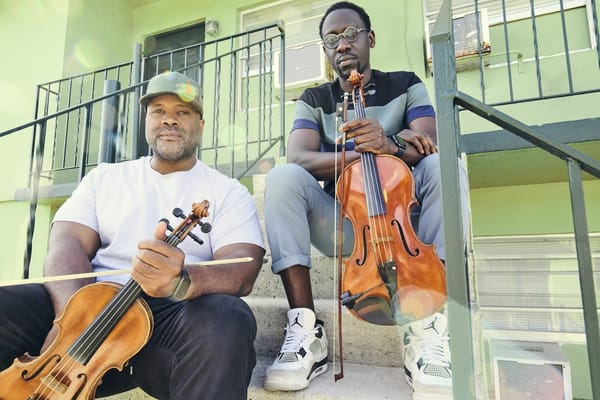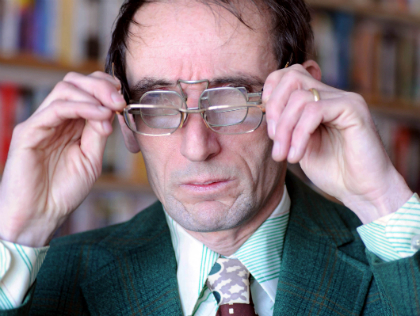
Paul de Jong is best known as the cofounder, cellist and sound collagist of defunct duo The Books. The New Lebanon, NY resident has recently released his first solo album, 'IF,' to positive reviews in Pitchfork and on NPR. Although De Jong considers himself a musician first, he has his hands in many pots and will be at the opening reception of his new art exhibit at Six Depot in West Stockbridge on Friday, June 26 at 7:30 p.m. to give a performance and discuss his work. The show features large screenprints and small digital prints. A book of text, compiling fragments of spoken word from his extensive archive, is due out in the fall. I moved to the U.S. from The Netherlands 25 years ago to attend the University of Illinois, and then the Manhattan School of Music. While in New York City, I met my band partner of 10 years and we formed The Books. When he moved to North Adams, MA, our band became based out of there, and by and by I ended up settling in the area, too.
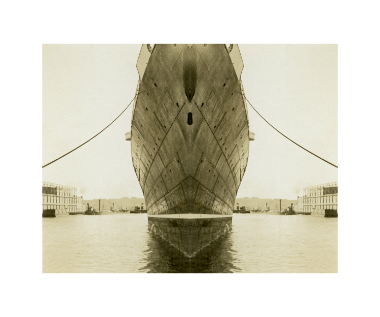
I met my wife here, and for the past eight or nine years we’ve lived in New Lebanon. I’m lucky to have an ample recording and art studio right across the road from our house, where I keep large archives — old LPs, cassettes, VHS tapes, 8 mm and 16 mm film — that I’ve been accumulating for years. I like to be able to find material in case I need a reference, so now I have a couple of assistants who are working to digitize and index it into a library so that artists who visit through a residency program also will be able to use it for creative purposes. I consider myself a musician first, but I’ve also made my own films and music videos. At Six Depot, I’ll be showing video fragments to illustrate how the archives work. Then I’ll show manipulated footage with both recorded and live sound, to show the possibilities of using the archives. There will also be a performance piece with members from a collective of dancers, choreographers and digital artists who will be there to improvise.
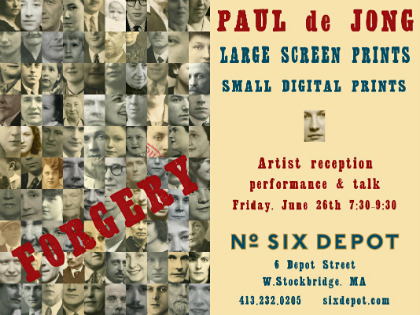
I’ve toured a lot with my band, and of all the places I’ve seen and been, this is the only rural area that is connected in such an urban way. Not just because it’s close to cities, but because it has a great history of connection and a density of in-person communication. Over the past 10 years, I’ve seen a great development of people in their 20s and 30s taking up small farming and we’re all benefiting from that. Being able to eat relatively cheap and healthy food is a really big deal to my family. Living in a blissfully rural countryside while also having an immediate and rich connection to artists and intellectuals, is unique.


